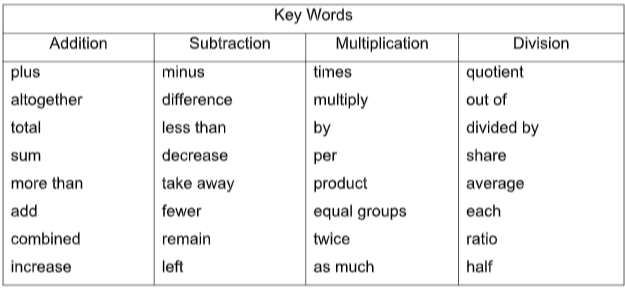“I like maths, but I hate doing word sums.” This statement is true for many students. At primary school level this is often the area where most students lose marks in both maths tests and exams. Word problems, word sums or story sums require comprehension and analytical skills. Children who battle with word problems often struggle with comprehension-based tasks in their languages as well. These sums also require “reading between the lines” and being able to make sense of what is expected of them without being told directly.
Here are some tips to help your child at home:
Let’s start at the very beginning
Your child needs to know his or her number bonds and multiplication tables. If a child struggles with basic addition, solving word problems that require his or her having mastered this skill will be more difficult.
Draw the “story”
Encourage your child to make an illustration based on the facts mentioned in the problem. Let him or her use circles, triangles or dots to represent the numbers mentioned. Do not let the drawing become the focus of the exercise.
Choose an operation
Make a list of the key words associated with each operation. Help your child identify the operation required, namely addition, subtraction, multiplication or division.
Use different or smaller numbers
If your child is nervous when working with bigger numbers, replace the numbers with smaller ones. After deciding which operation to use and carrying it out, replace the smaller numbers with the original numbers to complete the sum.
Trial and error
If your child is not sure whether it is, for instance, an addition or subtraction sum, let him or her roughly calculate answers for both operations. Ask your child which answer makes the most sense when you read the question again. For example, John’s mother is twice his age. John is 20 years old. How old is his mother? If you say 20 times 2, his mother would be 40. However, 20 divided by 2 is 10. Clearly, John’s mother can’t be 10 if he is 20 years old.
Practice makes perfect
Ask your child’s teacher for additional exercises or search for word problems for your child’s grade online. If your child really battles, try to find examples two or three grades lower than his or her actual grade level. Once a child realises he or she has mastered this skill, introduce more difficult examples.

Chrizelle Prinsloo is the owner of Kip McGrath Education Centres, Walmer. She has a background in psychology and has taught in mainstream and special-needs schools both locally and abroad. Chrizelle is passionate about helping children gain
confidence in their own abilities and about finding different ways to help them learn.
The Kip McGrath Walmer branch is celebrating its 10 th year of tutoring in 2025.
Contact Chrizelle at 041 581 0812 or 081 707 9822 or send an email to
walmer@kipmcgrath.co.za.










